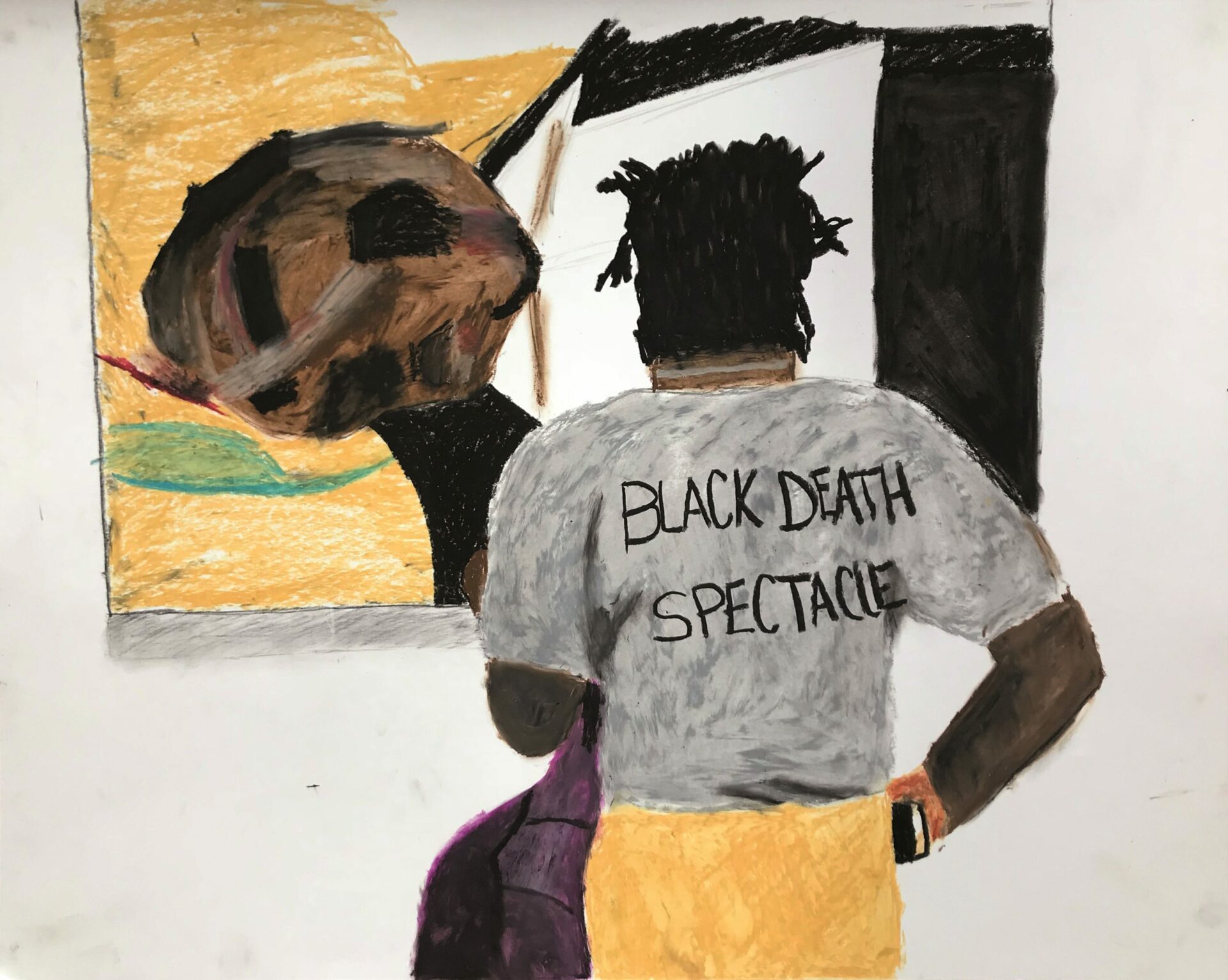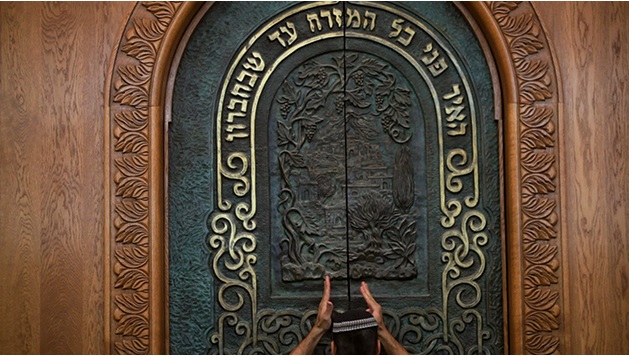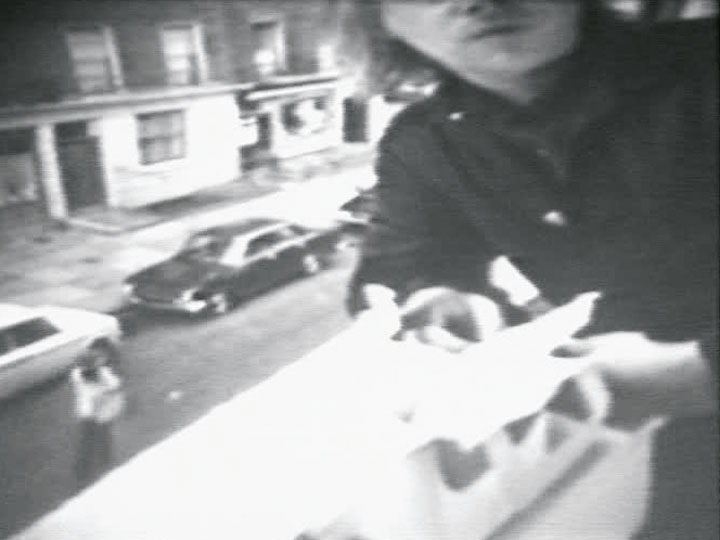
Photo : courtesy of the artist
Artistic Appropriation Versus Cultural Appropriation
No All Art Is About “Appropriation”
In light of the controversy that has shaken the visual arts, as well as theatre and literature, in recent years, one thing becomes quite clear. The first reflex of an artist accused of cultural appropriation is to attack the very notion of “cultural appropriation,” in an attempt to show that it is a hollow, empty, and irrelevant concept. The debate gets swallowed up and the denunciation fades behind a smokescreen. Reviewing what this concept refers to therefore seems an important place to start. Cultural appropriation was first theorized in 1976 by Kenneth Coutts-Smith, a professor at the University of Toronto and a strong advocate for the Inuit cause. In a seminal paper,1 1 - Kenneth Coutts-Smith, “Some General Observations on the Problem of Cultural Colonialism” (paper presented at the Congress of the International Association of Art Critics, Lisbon, September 1976), https://bit.ly/2wrjSTi. he brought together the Marxist notion of “class appropriation” and the concept of “cultural colonialism” in order to illustrate the ways in which Western culture appropriates cultural forms that come from oppressed or colonized cultures. Having since been further considered and expanded by many authors, today this notion refers to the manner in which the elements and iconography of a dominated culture are decontextualized, deformed, or simplified. In other words, the dominant-dominated power relationship is an essential part of the definition of cultural appropriation, even though those in power constantly seek to deny it. Furthermore, the violence inflicted by the dominant over the dominated is not limited to the artistic or cultural fields. The controversy surrounding Dana Schutz’s painting, presented at the Whitney Biennial in 2017, was so intense precisely because the biennial took place a few months after the election of Donald Trump, in the context of increased police violence against African Americans. Similarly, the controversy surrounding Robert Lepage’s play Kanata created such a stir in the summer of 2018 because it arose in the midst of the National Inquiry into Missing and Murdered Indigenous Women and Girls.




